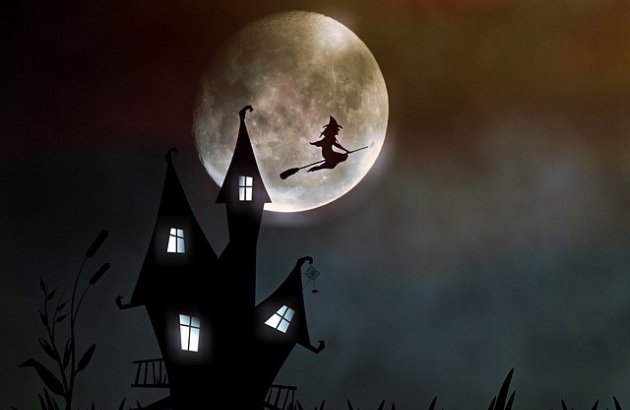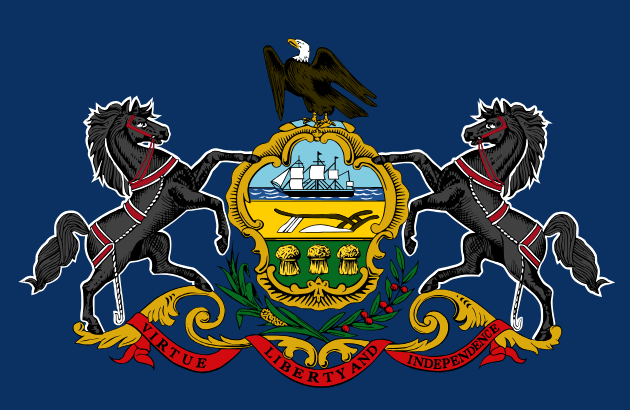Blog
The Witch Trial of Margaret Matson
In February 1684, eight years before the infamous Salem Witch Trials in colonial Massachusetts, a Swedish woman named Margaret Matson was brought to trial in Philadelphia. Accused of practicing witchcraft, she was tried before a jury of 12 men that was presided over by Governor William Penn and the Provincal Council. According to the Encyclopedia of Pennsylvania, the trial stands as the only recorded witch trial in Pennsylvania (52). Ms. Matson plead not guilty to the crime and awaited her fate as a series of bizarre accusations came before the jury. Three witnesses gave accounts at trial, all accusing Matson of knowledge and practice of witchcraft against livestock. The record of the trial is found in History of Delware County, Pennsylvania by George Smith. (The record and following quotes are found on p. 152-153).*
The first accusation against Matson came from Henry Drystreet, who “saith he was tould 20 years ago, that the Prisoner at the Barr was a Witch, and that several cows were bewitcht by her; also that James Saunderling’s mother tould him that she bewitcht her cow, but afterwards said it was a mistake,… for it was not her cow but another Persons that should dye.” Matson replied to Drystreet’s evidence saying that she did not value it. She also protested that the accusation was coming secondhand, saying, “if Sanderlin’s mother had come, she would have answered her…”
The second witness, Charles Ashcom, attested that Anthony’s wife (Matson’s daughter) had sold her cattle because her mother had bewitched them, “having taken the Witchcraft of Hendrick’s Cattle, and put it on their oxen.” Ashcom also stated that Matson’s daughter had “called him up hastely” one night and when he arrived, a great light and an old woman with a knife appeared at “ye Bedd’s feet, and therefore she cryed out and desired Jno. Symcock to take away his Calves, or Else she would send them to Hell.” Matson also denied Charles Ashcom’s accusations, and asked why her daughter was not there to confirm his account. Jno. Symcock also attested that “he knows nothing of the matter.”
Annakey Cooling, the final witness, stated that her husband had boiled the heart of calf that they believe died as a result of witchcraft. Upon hearing this, Matson advised that “better they had Boyled the Bones, with several other unseemly Expressions.” To this Matson replied that she "never said any such things concerning the calve’s heart."
Matson denied all of the accusations brought before the jury, “and saith that ye Witnesses speake only by hear say.” The Jury deliberated and then decided. Matson was “Guilty in haveing Comon fame of a Witch, but not Guilty in manner and forme as Shee Stands Indicted.”
Following the verdict, which may have saved Margaret from the unfortunate fate of those in later witch trials, Matson’s husband and son-in-law were required to post “fifty pounds a piece for the good behaviour of Margaret Matson for six months.” In his article, The 'Fame' of a Witch from The Pennsylvania Lawyer, Craig R. Shagin calculated that 50 pounds would have been the equivalent of 1,000 days in jail when compared with the penalties for lesser offenses. (See Craig R. Shagin, The Fame of a Witch, The Pennsylvania Lawyer, Sept.-Oct. 2016, at 47, 49.)
*Spelling had not yet been standardized in Colonial Pennsylvania. For example, both "Matson" and "Mattson" appear in the account. Spelling has been kept consistent with the original source.




